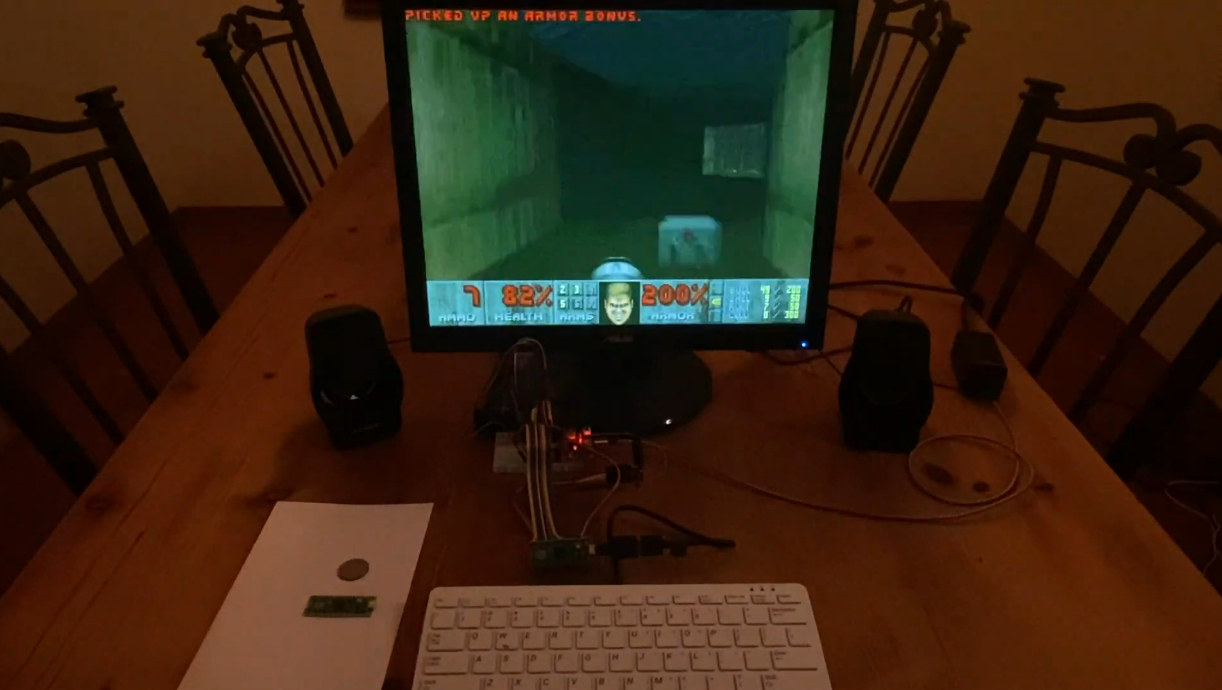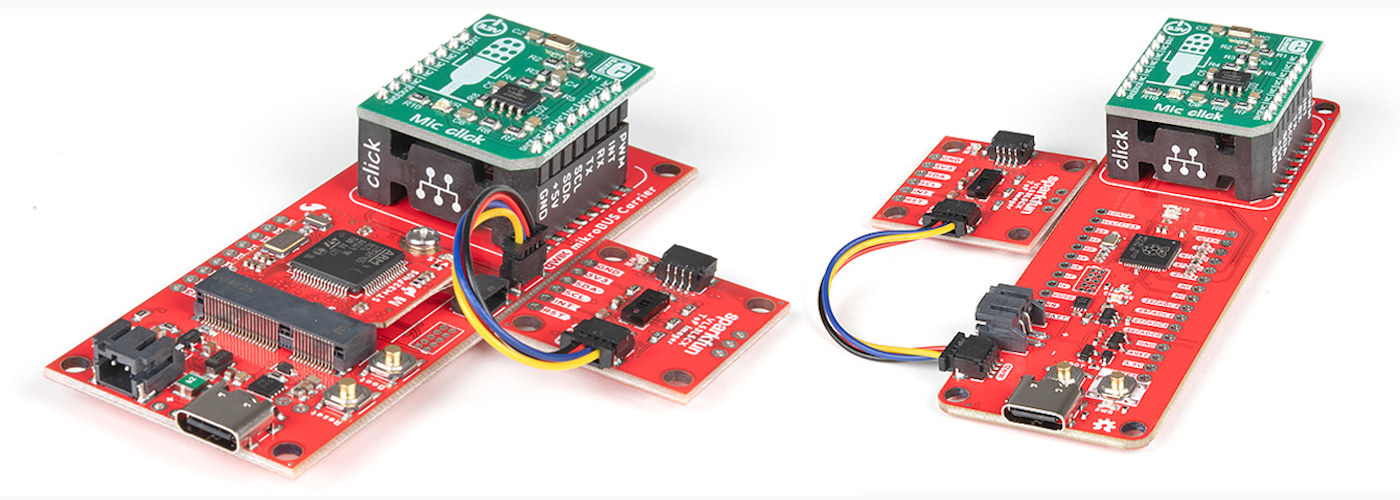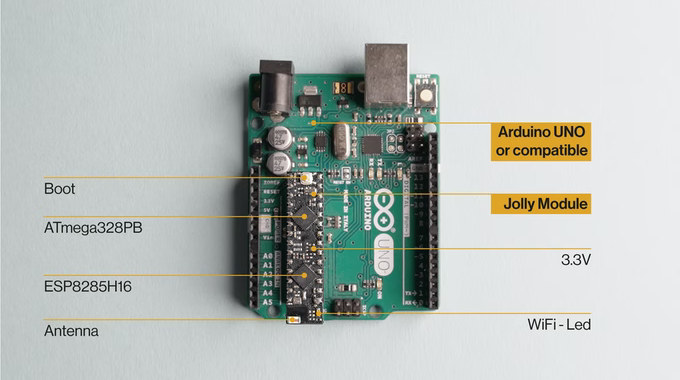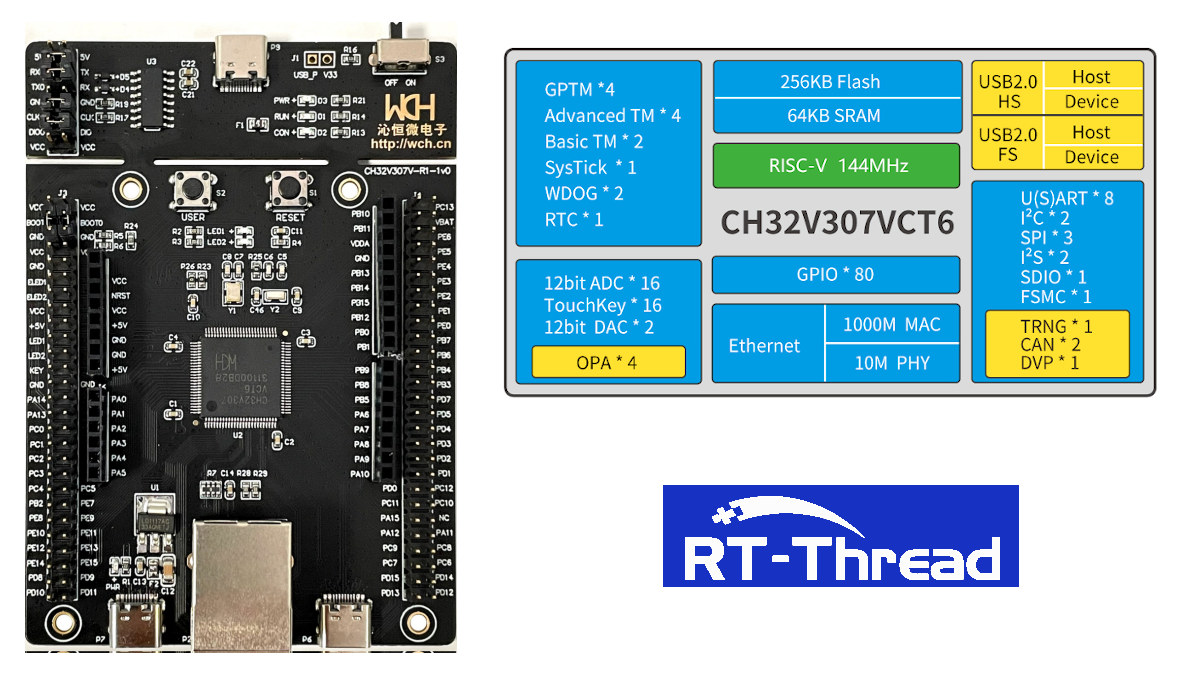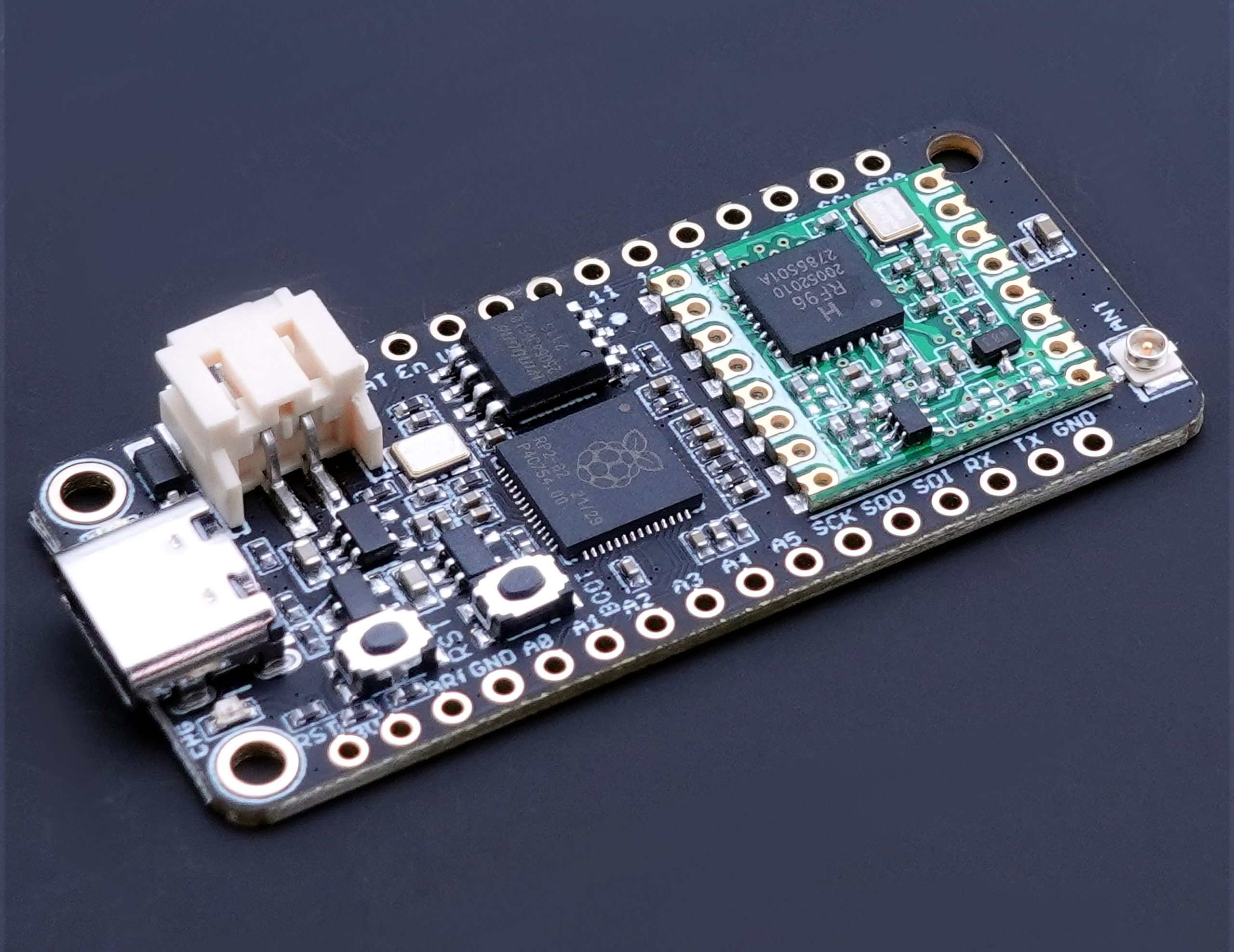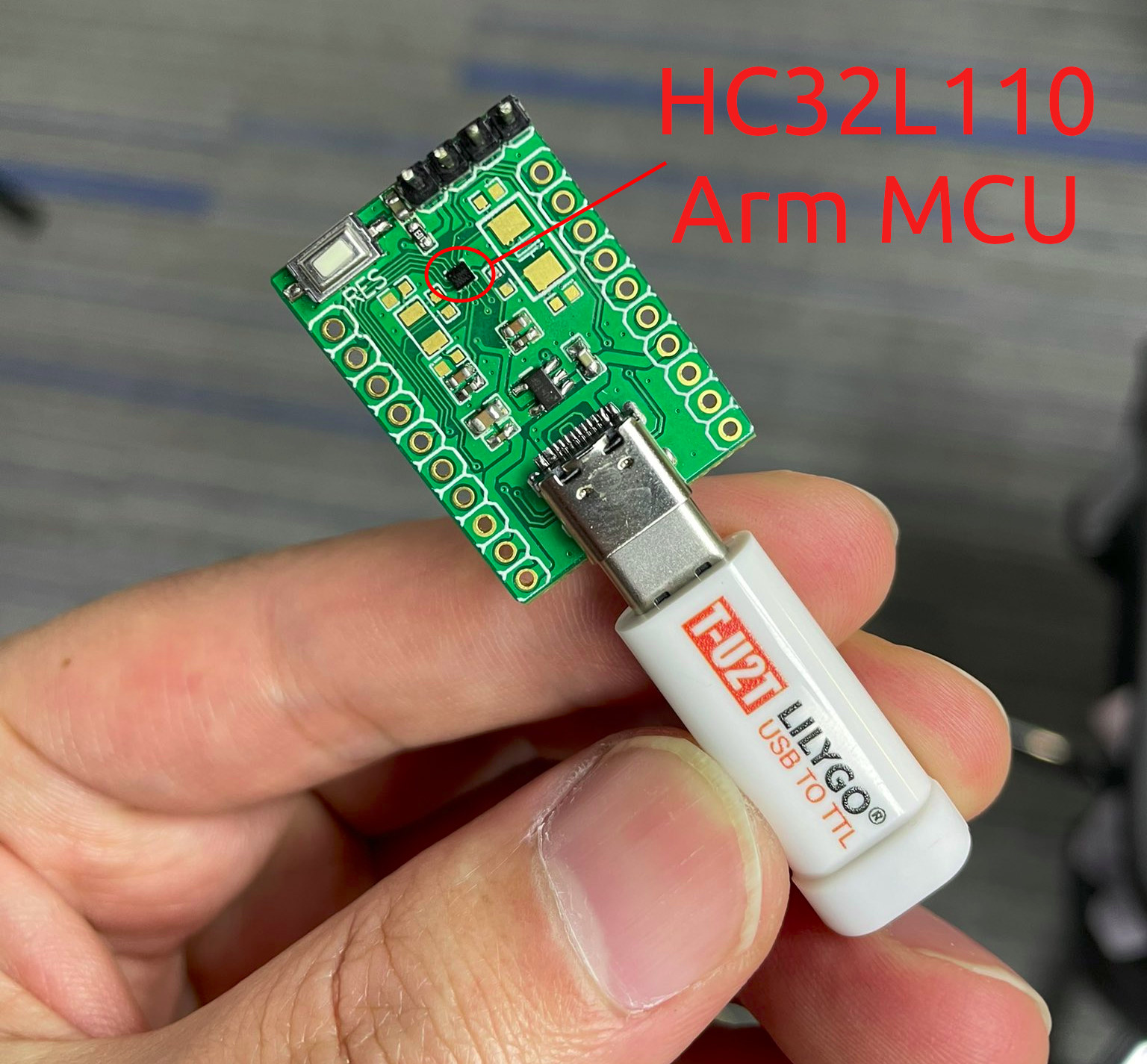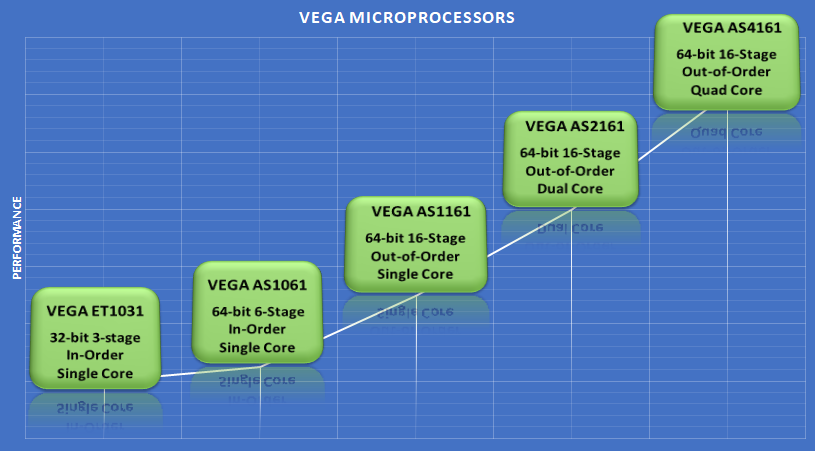Avnet has just released a survey of global engineers asking them how they were coping with the global chip shortage, longer lead times, and the impact on product design. Note that most of the 530 respondents are from EMEA (56%), and the US (31%), while only 10% are in Asia, and 2% are in Japan (I understand Asia means ex-Japan here), so it may not perfectly reflect the global situation, but the results are interesting nonetheless. If times have been challenging for your company/project, know that you are not alone, and 98% percent of respondents have had troubles accessing parts, 93% has experienced longer lead times, 73% of the survey respondents say the chip shortage presents a significant challenge, and 64% are now selecting parts based on availability rather than preference. Microcontrollers are the most challenging part to get hold of (think STM32), which has led to an increase in […]
Doom ported to Raspberry Pi RP2040
Doom has been ported to all sorts of platforms, including ESP32 platforms with 4MB PSRAM but “RP2040 doom” port of Doom to the Raspberry Pi RP2040 is more challenging, since RAM is limited to the measly 264KB built-in into the microcontroller, and for boards with only 2MB flash like the Raspberry Pi Pico, storage capacity becomes an issue. But Graham Sanderson solved all those issues by compressing the data, changing the code to use less RAM, making full use of the two Arm Cortex-M0+ cores, both overclocked at 270 MHz, in order to run Doom (DOOM1.WAD) on Raspberry Pi Pico at 320×240 resolution @ 60 fps, and the full Ultimate Doom and DOOM II WADs expected to fit into Raspberry Pi RP2040 boards with 8MB SPI flash. The port was based on Chocolate Doom, OPL2 emulation for audio support was derived from the emu8950 project, and sound effects were compressed […]
SparkFun Raspberry Pi RP2040 & MicroMod boards take mikroBUS Click expansion boards
We’ve previously written articles about boards featuring the mikroBUS interface supporting thousands of Click expansion boards from Mikroelectronika, and now the company has collaborated with Sparkfun who launched MicroMod and Raspberry Pi RP2040-based boards with a mikroBUS socket, plus Qwicc connectors. Raspberry Pi RP2040 is the well-known dual-core Arm Cortex-M0+ microcontroller found in Raspberry Pi Pico and a range of third-party boards, while Sparkfun MicroMod‘s are M.2 MCU modules with chips from Microchip, Nordic Semi, Ambiq, Espressif Systems, and NXP. Sparkfun RP2040 mikroBUS development board specifications: MCU – Raspberry Pi RP2040 dual-core Cortex M0+ microcontroller up to 133 MHz with 264 KB SRAM Storage – 16MB QSPI flash, MicroSD card socket (on the bottom side) USB – USB Type-C port Expansion mikroBUS Socket 2x Qwiic connectors Thing Plus (or Feather) pin form factor with 18 GPIO pins including up to 4x 12-bit ADC, up to 8x 2-channel PWM, up to […]
ESP8285 WiFi DIP module replaces ATMega328P MCU on Arduino UNO board (Crowdfunding)
Released over 10 years ago, Arduino UNO is still the best-selling Arduino board, but lacking WiFi in the IoT era is not ideal, so Gianluca Martino, Arduino co-founder and working with the company until 2015, decided to design the Jolly DIP module based on ESP8285 WiFi chip that can replace the ATmega328P 8-bit AVR DIP-40 microcontroller. Since ESP8285 cannot provide all I/Os, notably analog inputs offered by ATmega328P, Gianluca combined it with the ATMega328PB microcontroller in a compact SMD package to offer firmware compatibility plus WiFi connectivity in the same DIP form factor. Jolly module specifications: MCU – Microchip ATMega328PB 8-bit AVR microcontroller with 32 KB ISP Flash, 1 KB EEPROM, 2 KB SRAM (Based on data from the datasheet) Wireless chip – Espressif Systems ESP8285H16 WiFi SoC with 2MB integrated flash plus ceramic antenna Communication interfaces between the two chips – SPI + UART (the latter exclusively for ESP8285 […]
RISC-V design challenge – Get a free board, RISC-V chips, and cash prizes
A little while ago, I wrote about WCH CH32V307 32-bit RISC-V MCU that was found in a board with eight UART ports that could be controlled over Ethernet or USB, and the company has released some source code to use the board while inviting the community to submit pull requests to the project. But now WCH, RT-Thread, LCSC, and EasyEDA have joined hands to launch the RISC-V design challenge where the companies will provide a free board or two RISC-V chips to selected participants, as well as cash prizes with up to $1000 offered to the best projects. The companies have prepared 300 boards and 200 chips for this contest. All you need to do to get a chance to get either one CH32V307V-EVT-R1 development board or two CH32V307 RISC-V microcontrollers is to enter your contact and project details in this Google form by April 30, 2022. The conditions are […]
Challenger RP2040 LoRa board combines Raspberry Pi RP2040 MCU with RFM95W LoRa module
Invector Labs is now offering a variant of the WiFi-based Challenger RP2040 board with a LoRa radio. The Challenger RP2040 LoRa board features the Hope RF RFM95W LoRa radio transceiver module instead of the ESP8285 WiFi chip found in the original board. Raspberry Pi RP2040 has already been used in combination with a LoRa module, notably in Rakwireless RAK11300 WisDuo LPWAN module and the “LoRa Expansion for Pico“, a baseboard for Raspberry Pi Pico equipped with a LoRa module, but it’s the first time I see the combination in a development board form factor, which as a potential bonus following Adafruit Feather form factor. Challenger RP2040 LoRa board preliminary specifications: MCU – Raspberry Pi RP2040 dual-core Cortex-M0+ MCU @ 133MHz with 264KB SRAM Storage – 8MB flash Wireless module – Hope RF RFM95W connected via SPI channel and some GPIOs 168 dB maximum link budget. +20 dBm – 100 mW […]
HC32L110 Arm Cortex-M0+ MCU is available in a tiny 1.59 x 1.436 mm CSP16 package
Before you ask… No, it’s not another one of those CNXSoft’s typos, I did not mean to write cm (centimeters), and HDSC HC32L110 is indeed an Arm Cortex-M0+ microcontroller available in an almost microscopic 1.59 x 1.436 mm CSP16 package, which could make it the world’s smallest Arm MCU. I discovered the microcontroller when LilyGO shared a small board only showing the MCU’s dimensions and CSP16 type. Silicon Labs EFM8SB10F8G-CSP16 showed first in a web search, but that’s an 8-bit 8051 microcontroller with a 1.781 x 1.659 mm CSP16 package, and it’s unlikely they’d use a “Western” microcontroller. But I soon found the microcontroller on Huada Semiconductor Co. Ltd (HDSC) website. HC32L110 specifications: MCU core – Arm Cortex-M0+ 32-bit core @ up to 32 MHz Memory – 2KB to 4KB RAM memory with parity check Storage – 16K to 32KB flash memory with erase and write protection Peripherals 16x GPIOs […]
India goes RISC-V with VEGA processors
One of the main advantages of RISC-V architecture is that it is open, so any organization with the right skills can develop its own cores, and India’s government has taken up this opportunity with the Microprocessor Development Programme (MDP) helping develop VEGA RISC-V cores locally. Thanks to funding by the Ministry of Electronics and Information Technology (MeitY), the Centre for Development of Advanced Computing (C-DAC) managed to design five RISC-V processors ranging from a single-core 32-bit RISC-V microcontroller-class processor to a Linux capable quad-core 64-bit out-of-order processor. Key features of the five VEGA cores developed by the C-DAC: VEGA ET1031 – 32-bit single-core 3-stage in-order RV32IM processor with AHB/AXI4.bus, optional MMU, optional Debug VEGA AS1061 – 64-bit single-core 6-stage in-order RV64IMAFDC processor with 8KB D-cache, 8KB I-cache, FPU, AHB/AXI4 bus VEGA AS1161 – 64-bit single-core 16-stage pipeline out-of-order RV64IMAFDC processor with 32KB D-cache, 32KB I-cache, FPU, AHB/AXI4/ACE bus VEGA AS2161 […]



